Parietal Lobe Injury
San Francisco Parietal Lobe Injury Lawyers
Brain injuries, and the manner in which they affect victims, can vary significantly. The San Francisco brain injury attorneys at Abramson Smith Waldsmith LLP, work closely with clients to ensure each receives an accurate diagnosis and appropriate medical treatment for his/her injuries. Our experience handling such cases, and our access to medical and investigative experts, has enabled us to build a track record of successful results for our clients. To learn more, contact a personal injury lawyer at our law firm to schedule a free initial consultation.
Injuries to the parietal lobe can be particularly impactful. The parietal lobe (located at the top of the head near the back of the brain) processes sensory input to form a single perception (cognition) and provides a spatial coordination to represent the world around us. The parietal lobe receives sensory information from skin, musculoskeletal system, taste buds and viscera. The main function of the parietal lobe is to detect various stimuli and differentiate the quality of the stimuli, such as intensity and textural differences. Injuries to the parietal lobe can cause:
- Inability to multi-task
- Inability to name an object (Anomia)
- Disorders of language (Aphasia)
- Inability to locate words for writing (Agraphia)
- Reading problems (Alexia)
- Difficulty writing and drawing objects
- Difficulty distinguishing right from left (right-left disorientation)
- Difficulty with mathematics (Dyscalculia or Acalculia)
- Lack of awareness of parts of body and surrounding space (Apraxia)
- Inability to focus visual attention
- Difficulty identifying the location and type of sensation, e.g., hot or cold
- Difficulties with hand-eye coordination
- Impairment of self-care skills
- Denial of deficits (Anosognosia)
Common tests for parietal lobe function include:
- Kimura Box Test (Apraxia)
- Two-Point Discrimination Test (Somatosensory)
Contact Use
For more information or to schedule an appointment with an experienced personal injury lawyer, please contact us.
